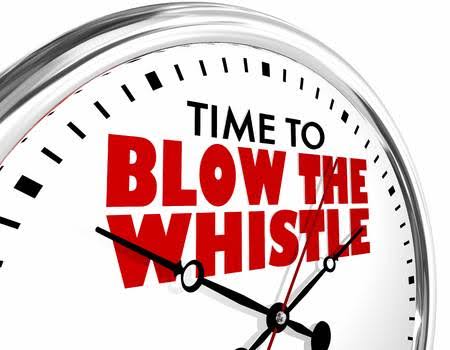By Dr Terra Saidimu
NAIROBI, Kenya, Mar 17- The economic independence and stability of many countries, Kenya included, is heavily reliant on resources mobilised through tax payment. Tax revenues are the cog that keeps the economic wheel on the move.
However, tax crimes and related malpractices have continued to dent tax collection efforts thereby occasioning substantial loss of government revenue.
Tax malpractices are both a global and regional pain. A report by The Africa Initiative dubbed “Tax Transparency in Africa 2020”, for instance, estimates that Africa suffers revenue loss of around $40 to $80 billion every year to tax evasion alone. This amount of revenue can comfortably fund key projects in most African countries.
Such worrying statistics are the reason authorities are working round the clock to clip the tentacles of the tax malpractices dragon from spreading any further.
The approach adopted by the Kenya Revenue Authority (KRA) is multifaceted and ranges from automation of processes to leverage on intelligence gathering and management.
Although automation of processes is key in reducing human intervention, a major breeding ground for malpractices, intelligence gathering and management is a major booster that complements it.
A major setback to this process is unwillingness by various stakeholders such as members of the public to volunteer information to the relevant Authorities for action. The failure by members of the public to report tax evasion, corruption and other malpractices to the Authorities has been a concern.
According to a survey conducted in 2019 and published in 2020 by the Transparency International Kenya, majority of Kenyans do not report corruption cases to the relevant Authorities.
The survey titled “Kenya Bribery Index 2019”, reports that 87 percent of the respondents sampled in 2019 never reported corruption cases to the Authorities.
However, compared to a similar survey conducted in 2017 where 94 per cent of the respondents noted that they never reported corruption cases to Authorities, the 2019 survey points to a slight improvement.
While there are respondents who felt that no action would be taken even if they reported the cases, others opted not to report the cases for fear of intimidation.
Reporting of tax malpractices that occasion loss of billions of shillings in Government revenue has not been any different. It is for this reason that KRA has enhanced its intelligence gathering and management function to allow for 100 percent anonymous reporting of the said malpractices.
This has been actualised through the establishment of an anonymous online reporting channel for such cases called the iWhistle (www.kra.go.ke).
The channel exists under the whistle-blower framework which was implemented to encourage members of the public to volunteer information on malpractices.
In addition to reporting tax evasion, which sabotages tax administration, the general public can report the following to KRA through the platform: bribery, fraud, conflict of interest, abuse of office, concealment, diversion of cargo and any other practice that may sabotage KRA’s revenue collection efforts.
The first step on board iWhistle entails account setup where the system generates unique anonymous login credentials for the user. After successfully setting up the account, whistle-blowers can then report aforementioned cases to KRA for action.
After verification of the information received, KRA sends updates of the proceedings to the whistle-blowers.
An important aspect to note about the iWhistle is that there is no one point where the whistle-blowers are required to identify themselves when engaging with KRA on this platform.
The KRA whistle-blower framework is complemented by a reward framework where the Authority appreciates whistle-blowers who volunteer information that results in recovery of tax revenues.
The reward framework, which is stipulated in the KRA Act cap 469 chapter 5A, provides for a reward of whichever is lower between five percent of the recovered tax or Ksh2 million.
Policy changes are however underway for an upward review of the lowest amount from the current Ksh2 million.
For whistle-blowers seeking a reward for the information shared, a slightly different framework is followed to obtain personal information for purposes of processing the reward. Nonetheless, KRA maintains their identification details in confidence.
Just like security which starts with an individual, so does ending all forms of tax malpractices. In the true spirit of patriotism therefore, members of the public should make use of the systems in place such as the iWhistle to report malpractices for the appropriate action to be taken.

Dr Saidimu is the Commissioner for Intelligence and Strategic Operations at KRA.
Want to send us a story? Contact Shahidi News Tel: +254115512797 (Mobile & WhatsApp)


